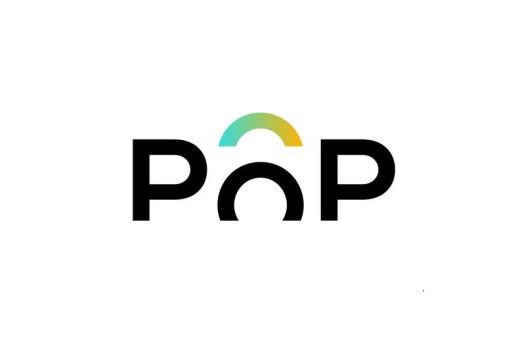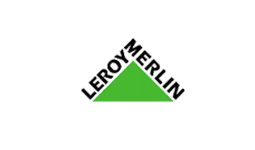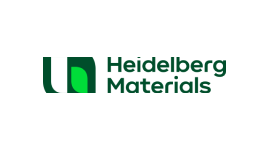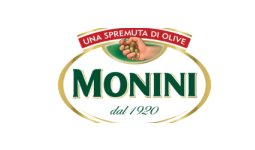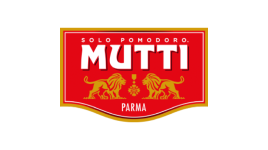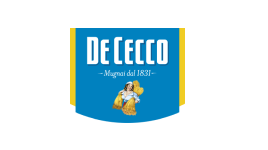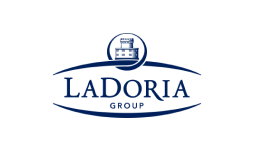Mandatory Electronic Invoicing in Estonia
Learn how to get your company ready to exchange documents in accordance with Estonia requirements with the support of Comarch
Learn how to get your company ready to exchange documents in accordance with Estonia requirements with the support of Comarch

In Estonia, the obligation for e-invoicing extends beyond the requirements of Directive 2014/55/EU—it has also applied to suppliers since 2019. This means that all B2G invoices can only be sent as e-invoices and must comply with the European Standard.
There is no uniform infrastructure for e-invoicing, allowing flexibility in terms of concluding contracts with e-invoicing service providers that operate under the interoperability model or the PEPPOL network. There are also no detailed requirements regarding the format or mechanism of invoice exchange.
The Estonian Center of Registers and Information Systems (RIK) has prepared a solution for small businesses that can send invoices to government entities.

2025 July - Right to request structured e-invoices from suppliers (AR).
2027 - Long-term assumptions for e-invoicing to be mandatory for B2B (AR). Removal of the 1000 EUR minimum for invoice issuance. Mandatory reporting of all transactions.

On May 2, 2024, the Estonian government approved a draft amendment to the Accounting Act aimed at standardizing and simplifying electronic invoicing requirements. If passed, from January 1, 2025, sellers will be required to issue an e-invoice upon a buyer's request. In cases where a buyer asks for an e-invoice and no other format has been agreed upon, the default format will be the European e-invoice standard (EU EN16931). Legislation expected in January 2025 was delayed, but it will be established in July 2025.
The Head of the Financial Information Policy Department emphasized that Estonia will not, however prohibit the use of existing e-invoice formats should the parties agree upon their use.
The government is planning to introduce a centralized database in which businesses will be able to indicate their wish to receive e-invoices. Being included in the database will still allow the businesses to receive conventional invoices, should the affected buyer agree.

There is an obligation to archive received invoices for seven years from the end of the tax year in which they were received. As a rule, the documents should be stored in a machine-readable manner. Paper storage allowed.

Local XML or EN compliant to be used in B2G e-invoicing. By default, the invoices should be drawn up in an EN16931-1 compliant format. However, parties may agree on a different format.


Billberry; E-arveldaja; Finbite; Telema; Unifiedpost.

We have 20+ years of experience in carrying out various EDI, e-invoicing, and other document exchange projects around the world. In those years, we have successfully connected more than 130,000 entities from over 60 countries.
Full compliance with the latest data exchange regulations and modern data transfer standards
Applying new technologies and IT solutions in order to streamline workflows and automate activities and procedures
Tailor-made solutions based on processes specific to each company – own road map and a suitable pace of changes
Highest level of security for all sensitive and important company data
If your company is based or has branches in the Estonia and you need to prepare your billing and tax systems to comply with the new requirements. Click on the button below to get in touch with one of our experts.
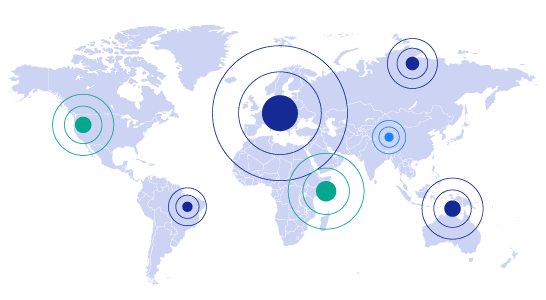
Make sure your business meets international standards with the Comarch e-Invoicing platform, trusted in more than 60 countries. Enjoy hassle-free integration and continuous compliance updates.
